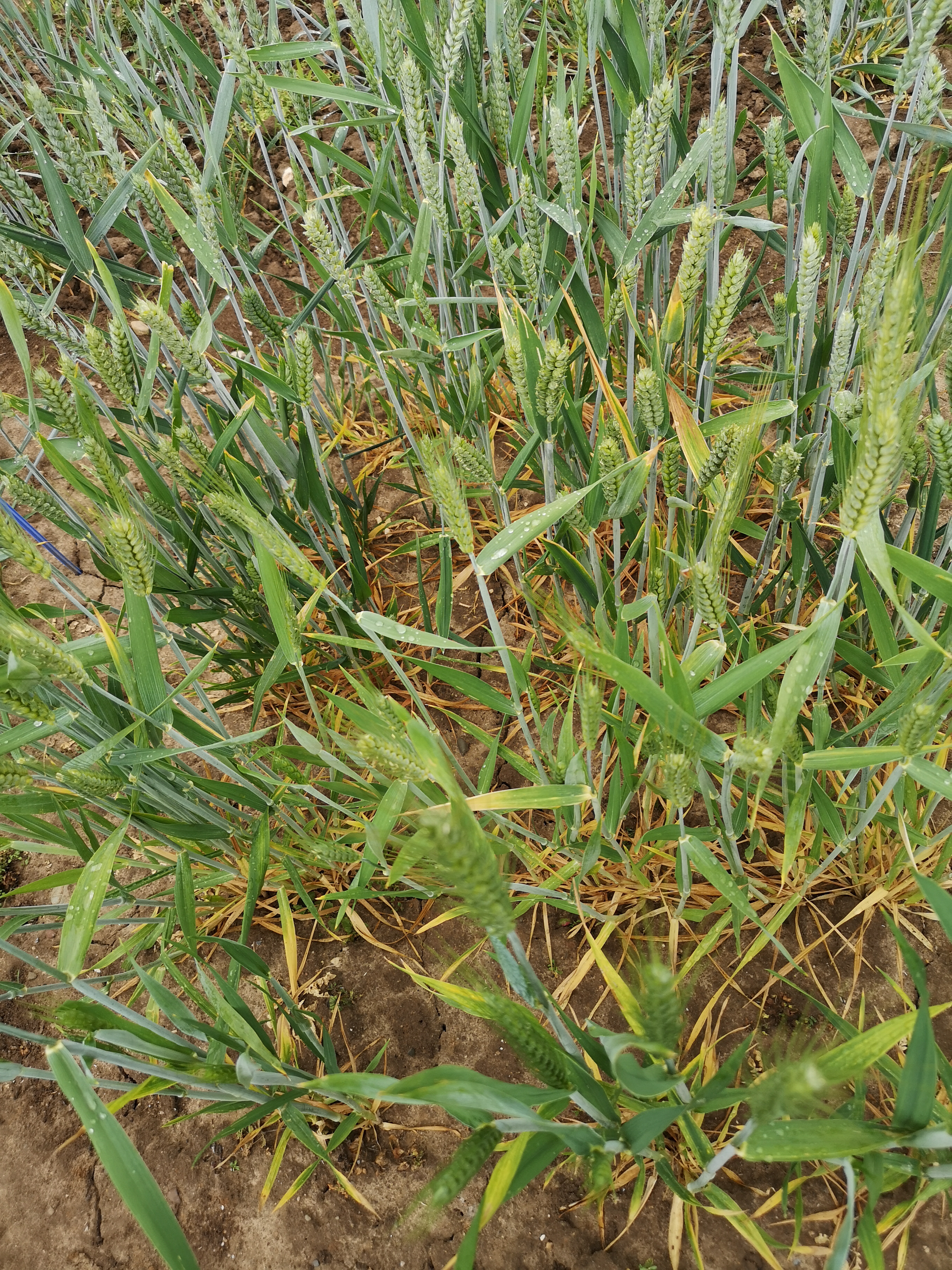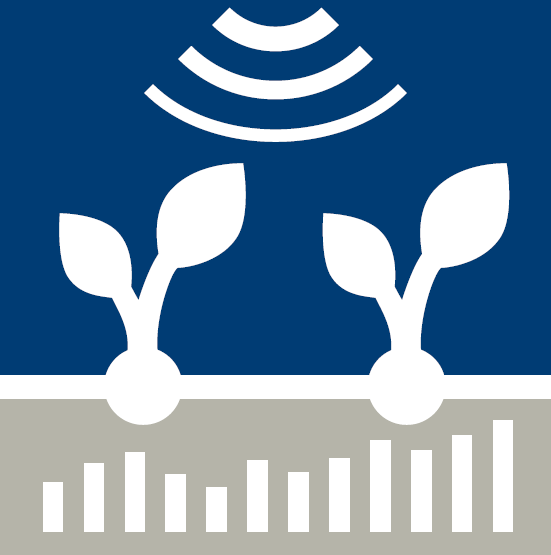Marion Deichmann
Type of resources
Keywords
Contact for the resource
Provided by
-
The dataset RGB-MiniplotBarley contains 22164 RGB images of 11 time points 21. jun - 7. jul 2022 of two genotypes of spring barley grown under single-nutrient deficiencies of N, P, K, S, B and one multi-nutrient deficient treatment from miniplot fertilizer trial at Campus Klein-Altendorf of University of Bonn. The images are annotated with plot number, genotype and fertilizer management and have been taken for a Deep Learning approach for nutrient deficiency recognition.
-
The dataset RGB-HydroBrassica contains 16,701 RGB images of 5 time points 23. June - 5. July 2021 of five Brassica genotypes from B. oleracea and B. rapa, at two ploidy levels each, from a hydroponic greenhouse experiment at University of Bonn. The images are annotated by genotype, ploidy level and fertilizer management and have been taken for a Deep Learning approach for nutrient deficiency recognition.
-

The dataset RGB-HydroBarley3 contains 12258 RGB images of 6 time points 22. jun - 10. jul 2020 of four genotypes of spring barley from a hydroponic experiment in greenhouse at University of Bonn including single-nutrient deficiencies of all 14 essential mineral nutrients plus Al and Mn toxicity. The images are annotated with genotype and fertilizer management and have been taken for a Deep Learning approach for nutrient deficiency recognition.
-
The dataset RGB-Wheat-LTFT-Bonn contains 7361 RGB images of 22 time points 6. Feb. - 12. June 2020 of winter wheat variety 'Boss' from long-term field fertilizer trial at University of Bonn. The images are annotated with crop, variety and fertilizer management, including single-nutrient omission of N, P and K, a treatment without liming, an unfertilized treatment, ctrl and ctrl plus manure, and have been taken for a Deep Learning approach for nutrient deficiency recognition.
-

The dataset RGB-HydroWheat2 contains 13397 RGB images of 5 time points 28. Aug - 11. Sep 2020 of four genotypes of winter wheat from a hydroponic experiment in greenhouse at University of Bonn including single-nutrient deficiencies of all 14 essential mineral nutrients, Al and Mn toxicity. The images are annotated with, plant part (shoot or root), genotype and fertilizer management and have been taken for a Deep Learning approach for nutrient deficiency recognition.
-

The dataset RGB-varCereals-LTFT-Bonn contains 16717 RGB images of 17 time points 14. apr - 29. jul 2021 of barley, rye and wheat from long-term field fertilizer trial Dikopshof at University of Bonn. The images are annotated with crop, genotype and fertilizer management and have been taken for a Deep Learning approach for nutrient deficiency recognition.
-
The dataset RGB-divCrops-LTFT-Halle1 contains 8689 RGB images of 16 time points 9. apr - 19. aug 2021 of barley, potatoe, rye, sugar beet and wheat from long-term field fertilizer trial at University of Halle. The images are annotated with crop and fertilizer management and have been taken for a Deep Learning approach for nutrient deficiency recognition.
-

The dataset RGB-varWheat-LTFT-Bonn contains 5678 RGB images of 6 time points 8. may - 12. jun 2020 of various not annotated winter wheat varieties from long-term field fertilizer trial at University of Bonn. The images are annotated with crop and fertilizer management and have been taken for a Deep Learning approach for nutrient deficiency recognition.
-
The dataset RGB-divCrops-LTFT-Halle2 contains 6434 RGB images of 2 time points 3.+ 15. jun 2022 of barley, potatoe, rye, sugar beet and wheat from long-term field fertilizer trial at University of Halle. The images are annotated with crop and fertilizer management and have been taken for a Deep Learning approach for nutrient deficiency recognition.
-

The dataset RGB-HydroWheat3 contains 11954 RGB images of 6 time points 28. Sep - 15. Oct 2020 of four genotypes of winter wheat from a hydroponic experiment in greenhouse at University of Bonn including single-nutrient deficiencies of all 14 essential mineral nutrients, Al and Mn toxicity. The images are annotated with, plant part (shoot or root), genotype and fertilizer management and have been taken for a Deep Learning approach for nutrient deficiency recognition.
 PhenoRoam
PhenoRoam